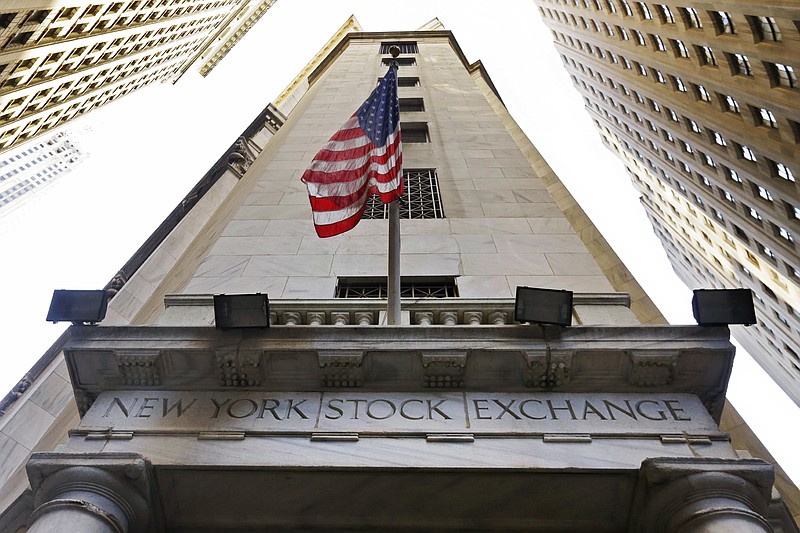NEW YORK (AP) - U.S. stock indexes drifted back to record highs Wednesday as investors got ready for another round of corporate reports to begin. Technology, health care and household goods companies all rose.
Technology companies like PayPal, Visa, and Google's parent company Alphabet made some of the biggest gains as the market was little changed for the third day in a row. Banks slipped along with interest rates and industrial companies took small losses.
Minutes from the Federal Reserve's September meeting showed officials were split about whether they need to raise interest rates again soon. But they appeared to be getting used to the idea that inflation is going to stay lower than they had hoped. For years it's come up short of their 2-percent target.
Kristina Hooper, global markets strategist for Invesco, said one reason for low inflation is continued fallout from the financial crisis a decade ago. In her view, many of the jobs lost after the 2008-09 meltdown were replaced by lower-paying ones.
The Standard & Poor's 500 index gained 4.60 points, or 0.2 percent, to 2,555.24. The Dow Jones industrial average added 42.21 points, or 0.2 percent, to 22,872.89. The Nasdaq composite rose 16.30 points, or 0.2 percent, to 6,603.55. All three indexes finished at all-time highs. The Russell 2000 index of smaller-company stocks edged down 1.08 points, or 0.1 percent, to 1,506.92.
Hooper said inflation might increase if President Donald Trump and Congress pass a tax cut that encourages businesses to invest more money. She said that businesses and consumers both feel optimistic about the economy, but they're reluctant to spend money because they're not sure what economic policy will look like.

